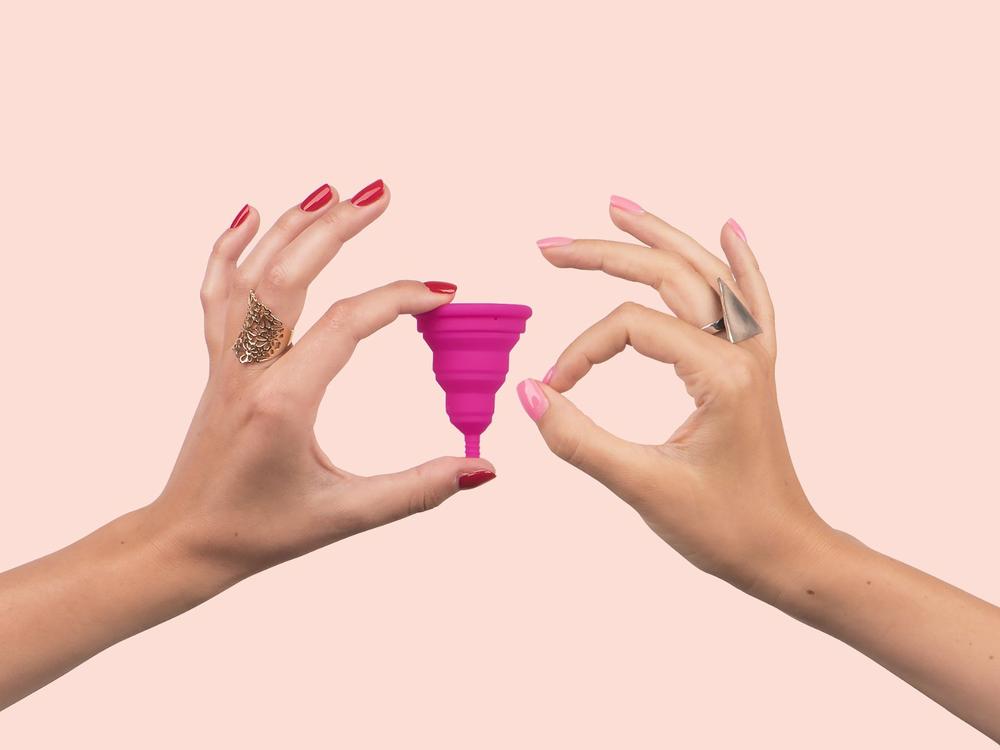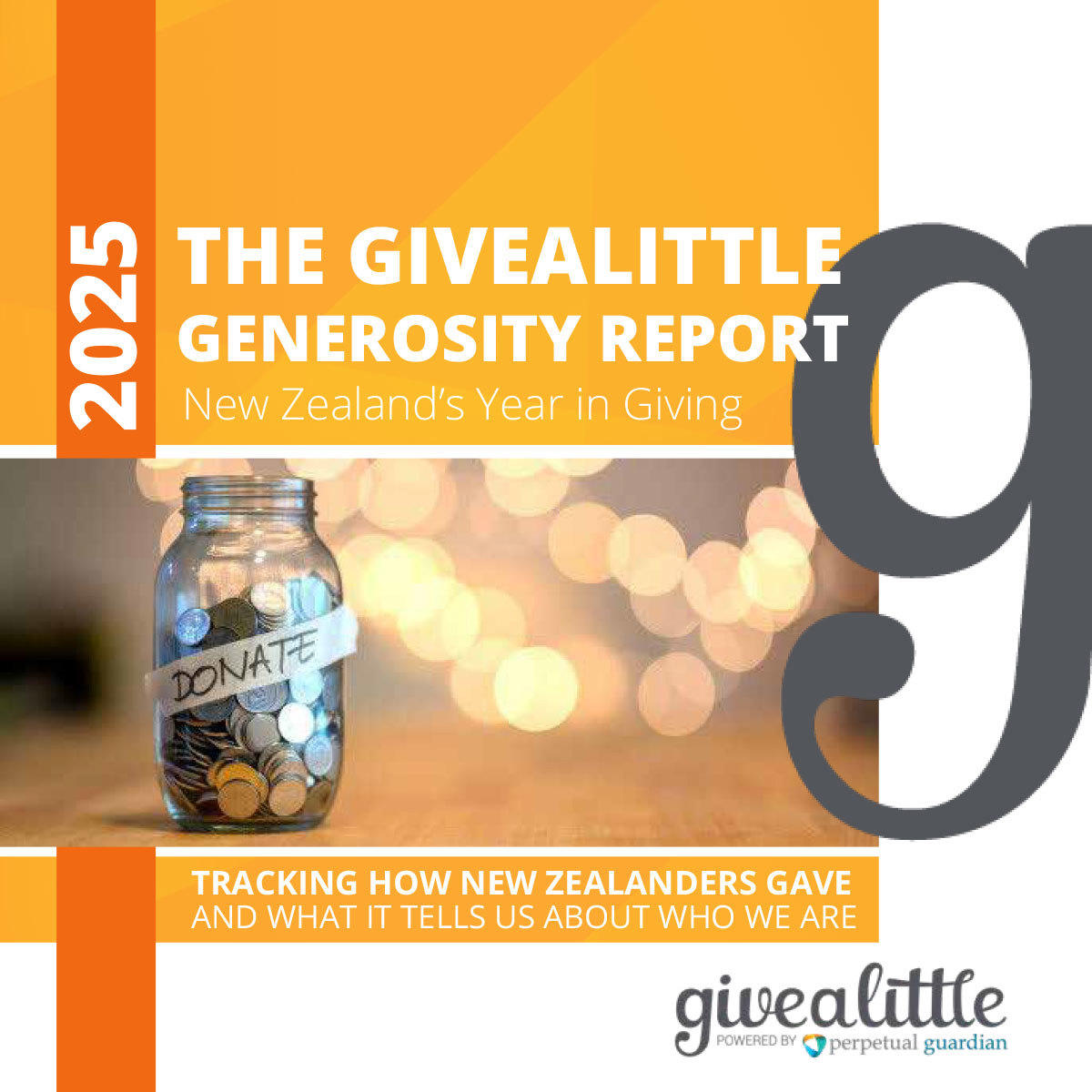
Open Source Period
Fundraising to support an open research project about menstrual cups.
Auckland

Diva, Fleur, JuJu, Kiko, Lunette, Me Luna, Mooncup, My Cup, Sckoon, Tāti, Wā, Yuuki. All cutesy names for the menstrual cup – a “cup” people insert into their vagina to collect blood during their period. Once the cup is full, it’s removed, emptied, given a rinse and popped back in.
Menstrual cups are marketed as a cheap, safe, and environmentally-friendly alternative to tampons so are becoming more and more popular. Earlier this year, a lab-based study suggested that menstrual cups might not be as safe as we think they are. Once I'd read that study, I searched the medical literature to find out what other studies had been done and published and was quite surprised by the answer: bugger all! From all my reading around the subject, it looks like there are a whole bunch of important things we don't know about menstrual cups, from how much bacteria are able to stick to and grow on menstrual cups, to how best to clean and sterilise them. If I have this wrong and there are a whole bunch of papers I don’t know about then feel free to let me know. But if I’m right, I think this is appalling and I want to do something about it.
I'd like to use crowdsourcing and crowdfunding to answer these, and any other questions, people have about menstrual cups. I'm calling this initiative Open Source Period. I’d like us to develop a series of community open science projects, where anyone anywhere in the world can contribute, and all the findings are reported online in the open in real time. You can read more about my idea in this blog post (https://sciblogs.co.nz/infectious-thoughts/2018/04/29/menstrual-cups-lets-investigate/).
I'm raising funds to get Open Source Period started. All donations welcomed!
Siouxsie Wiles' involvement (page creator)
I'm an Associate Professor at the University of Auckland and head of the Bioluminescent Superbugs Lab. I'm fundraising to support a new research project called Open Source Period, an open science project all about menstrual cups.

Latest donations





Who's involved?
Page Q&A
Ask a question hereAny concerns?
Report this pageThank the donor
Your message will be displayed on the page and emailed to the donor.
Your new message will also be emailed to the donor.
Saving a blank entry will delete the current comment.
